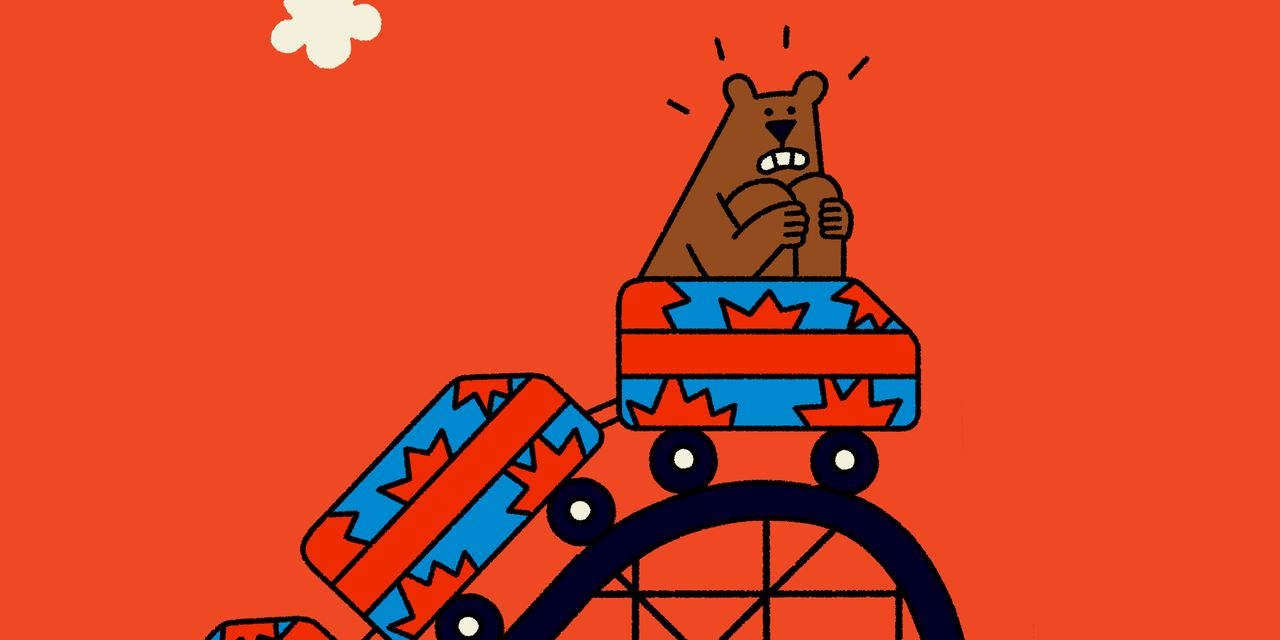Many investors worry that the stock market’s current overvaluation means that the next bear market—whenever it begins—will be a long and deep one.
It might surprise and comfort investors, though, to learn that there is little historical correlation between stock valuations and the length and duration of bear markets.
Consider that the longest stock bear market since 1900 began when stocks were far less overvalued than they were at the start of the shortest bear market. I’m referring to the bear markets that began in September 1939 and July 1998, according to a calendar maintained by Ned Davis Research. The former lasted nearly three years while the latter lasted less than two months.
At the beginning of that longest bear market, the cyclically adjusted price/earnings ratio, or CAPE—the one made famous by Yale University finance professor and Nobel laureate Robert Shiller that is based on average inflation-adjusted earnings over the trailing decade—stood at 16.45. That is below the CAPE ratio’s long-term average, suggesting an undervalued stock market.
At the beginning of the shortest bear market, in contrast, the CAPE ratio was more than twice as high, at 38.3. That reading was higher than all prior readings back to 1871, according to data from Prof. Shiller, suggesting a severely overvalued market. And yet the ensuing bear market lasted less than two months.













































